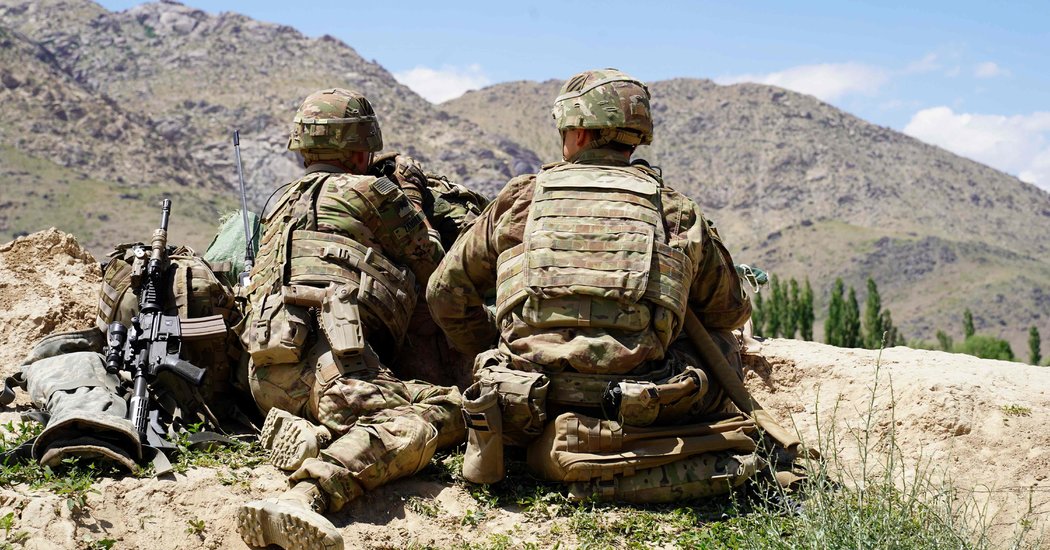There’s a lot still missing from the reports that Russia paid for attacks on American and other coalition forces in Afghanistan. That’s why it’s critical that emotions and politics be kept at bay until the facts are in. Some important context might come from a hearing on the matter by the House Foreign Affairs Committee, even though Secretary of State Mike Pompeo has declined to attend.
The charges are explosive, and the public — especially the families of fallen soldiers — deserves some honest answers. The reports in The Times and other news media cite intelligence findings that a Russian military intelligence unit rewarded fighter linked to the Taliban for targeting American troops, possibly disbursing money through a shadowy Afghan middleman named Rahmatullah Azizi. The findings are said to have been relayed to the White House in a regular intelligence briefing that President Donald Trump says he never saw.
The logical next step for the president should have been to acknowledge the gravity of the allegations and demand a full report. Instead, Trump dismissed the story in a tweet as “just another made up by Fake News tale that is told only to damage me and the Republican Party,” even as he acknowledged that the information was contained in intelligence reports. Inevitably, the response resurrected speculation about Trump’s unexplained affinity for Vladimir Putin, most recently displayed in attempts to include the Russian leader in a meeting of the Group of Seven.
Robert O’Brien, the national security adviser, said this month that the Justice Department was considering an investigation into whoever may have leaked the information.
The Trump administration’s response to this story raises critical questions about whether it is focusing sufficient attention on the plight of American soldiers deployed far from their homeland and on dangerous ground. John Bolton’s new book about his time as Trump’s national security adviser is only the latest depiction of a president incapable of absorbing policy briefings.
But this issue is not solely a question of Trump’s competence. From the various news accounts, others in the White House and Congress were also apparently advised of the claims, yet no one reacted until the allegations were made public in The Times.
Then there’s the question of the motives behind the leaks and the solidity of the information.
Afghanistan is a forbidding country that has repeatedly confounded invaders. There is no question that the war there has been rife with atrocities, shifting alliances and dubious sources of funds and arms. Trump is right to try to pull Americans out after more than two decades of inconclusive fighting.
Yet the public anger aroused by the bounties story will not go away by claiming “hoax” or dismissing the payments as collateral damage of a dirty war. Legislators from both parties are already demanding explanations, and the House Armed Services Committee voted by a large bipartisan majority for an amendment to the defense bill to make any further withdrawal of American troops from Afghanistan contingent on an assessment of whether any country has offered incentives for the Taliban to attack American and other coalition troops.
It is unfortunate to connect the issue of possible Russian payoffs with the withdrawal of U.S. troops. The administration ought to provide more information to lawmakers, which is why it was a missed opportunity for Pompeo to decline to attend the House Foreign Affairs Committee hearing.
But whatever those investigations reveal, the war in Afghanistan needs to be brought to an end. Putin’s intelligence services shouldn’t get a say in what is in the best interests of the United States.
The threat to Trump’s withdrawal deal alone should encourage the president to get to the bottom of the issue, and if necessary to confront Russia with the numerous tools of statecraft at his disposal.













